Surgeries are so stressful and hard experiences for all of us, especially for little creatures such as chihuahuas. Their bodies are so fragile, that they can’t understand what is going on and we can’t communicate the situation. Our role here is to keep a close eye on our chihuahua after surgery and while they are recovering.
To take care of your chihuahua after surgery, there are some basics and long-term tips to follow to ensure that your four-legged friend heals after surgery.
Immediate Post-Surgery Care for chihuahuas
Post-operatively, when your chihuahua comes to you, she/he can seem abnormal. They may show strange behaviors and they could be even a bit disorientated. If you notice that there are concerns about your chihuahua’s behavior then it is a good idea to sick your vet’s advice, but don’t expect chihuahuas to be their usual self. Surgery is a huge mission for these little dogs. In addition, the vet may prescribe some medications that can make them sleepier than usual.
Ensure that your chihuahua is safe and has access to a private space where they go anytime they want. You will notice that all they want to do is find and sleep somewhere comfortable.
Immediately after surgery, your vet may ask you to use a “cone of shame” as some people call it for your chihuahua. It is useful to keep your chihuahua away from any wounds, to stop the dog from licking it, and/or try to unpick any stitches. These behaviors are natural for any dog including chihuahuas, so it is very crucial that you use a collar or cone to keep them away.
Advertisement

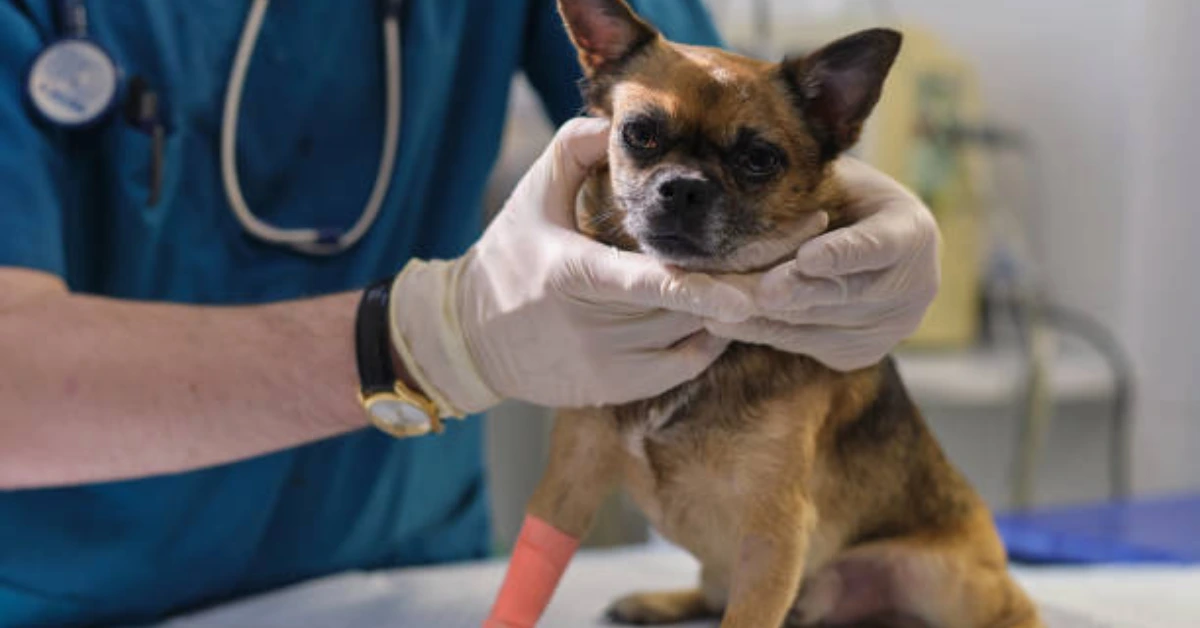
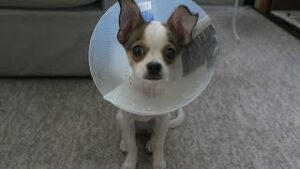
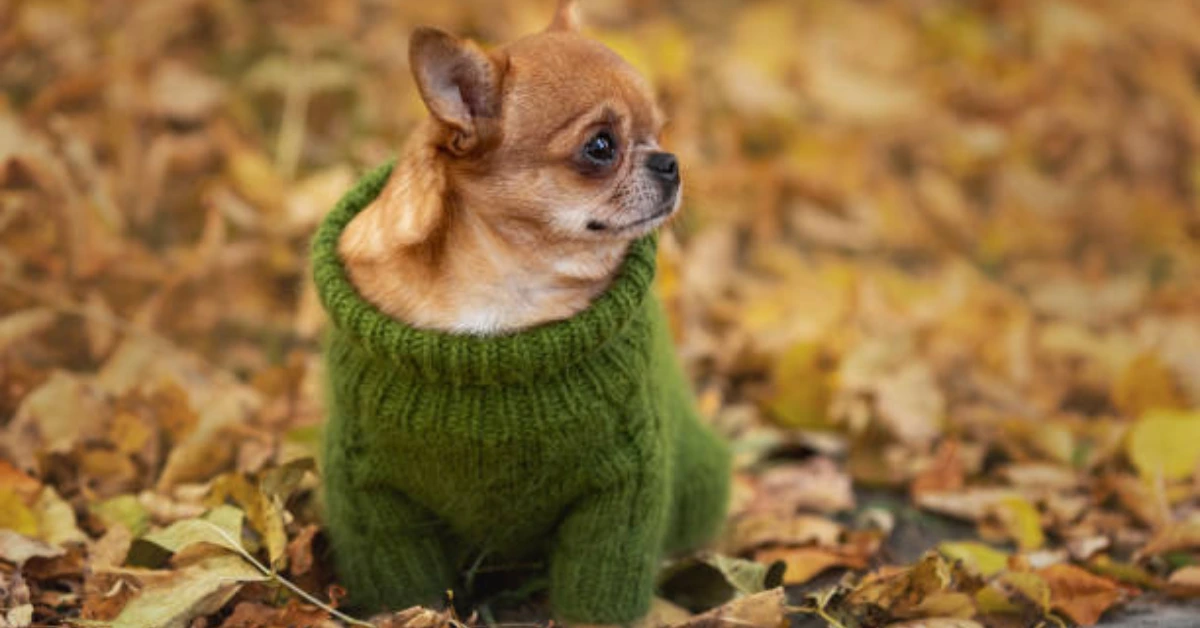
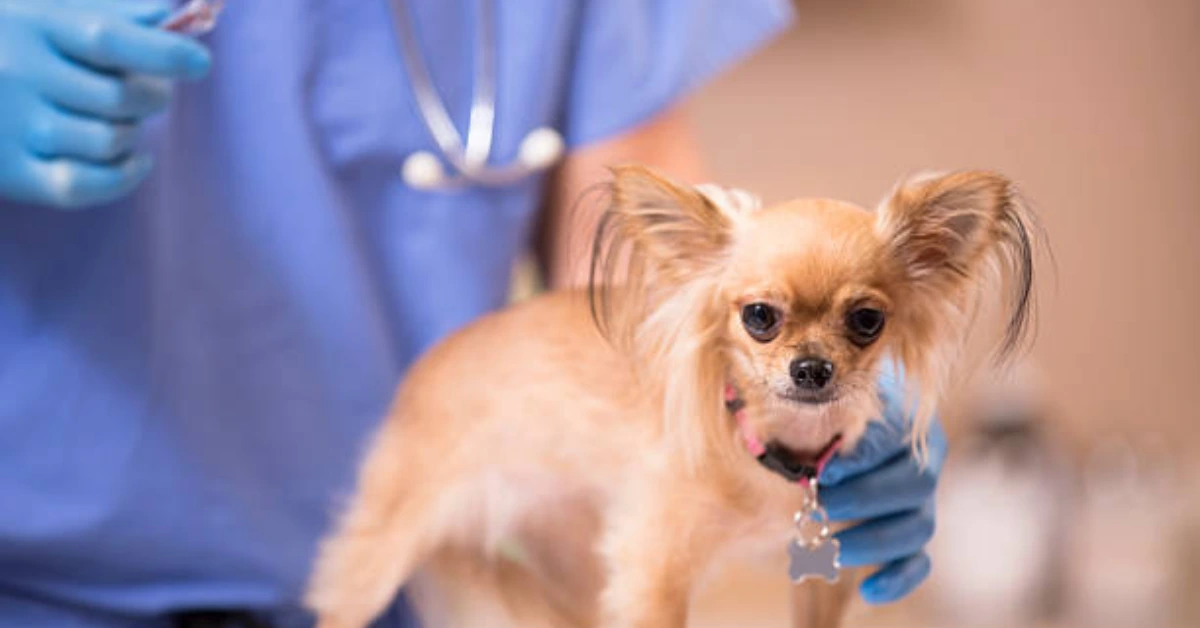
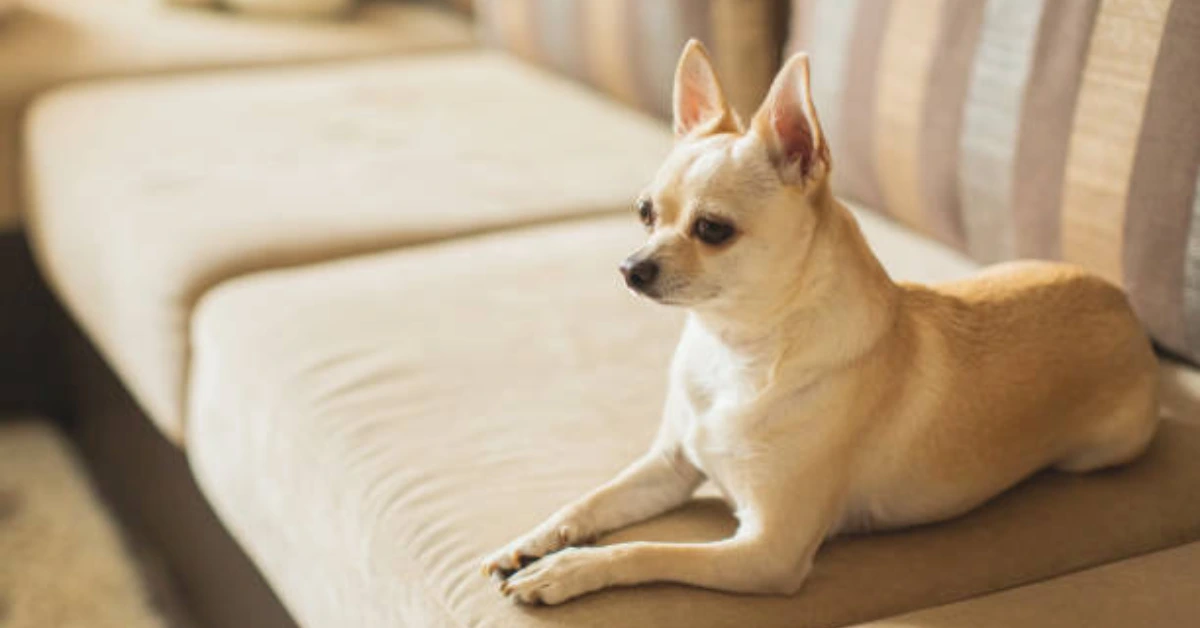
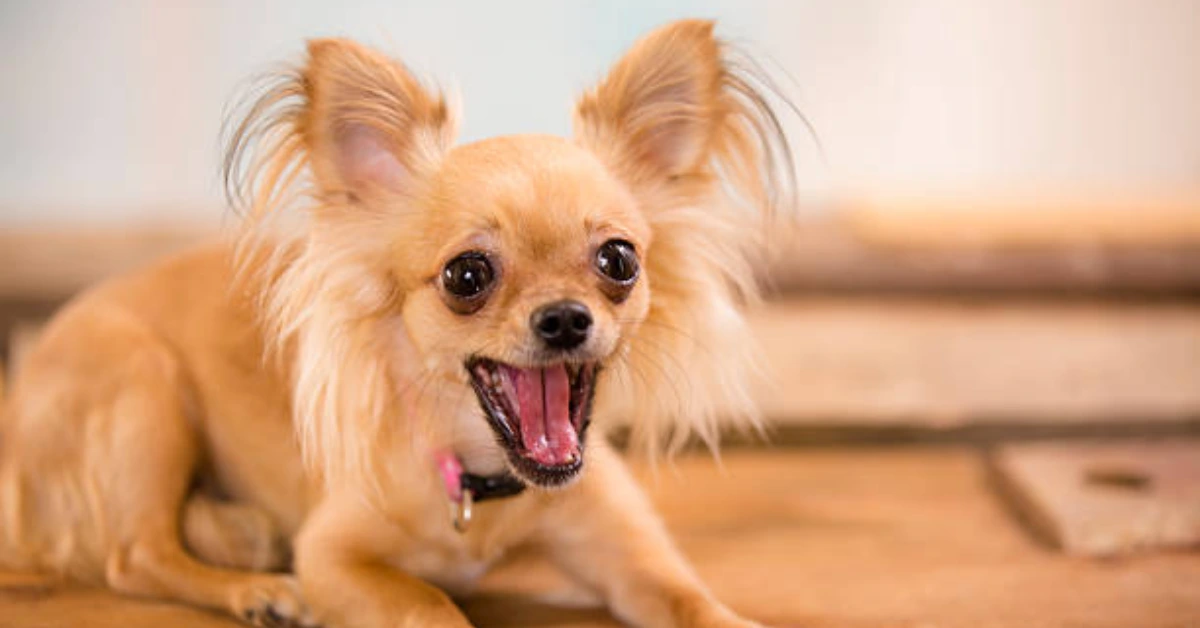
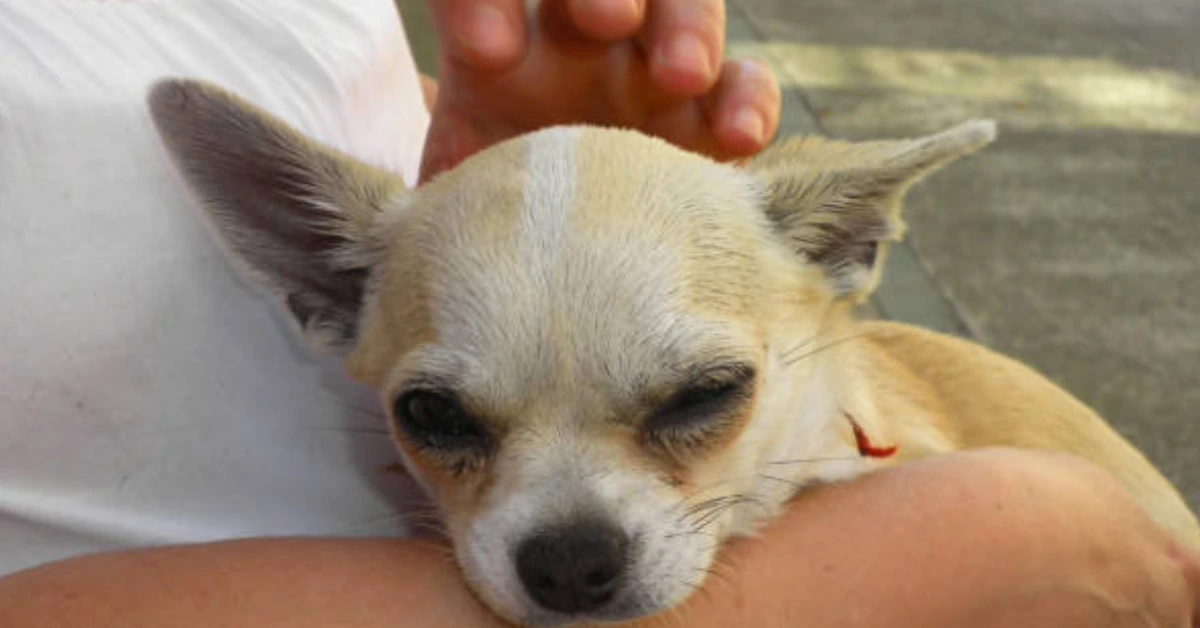
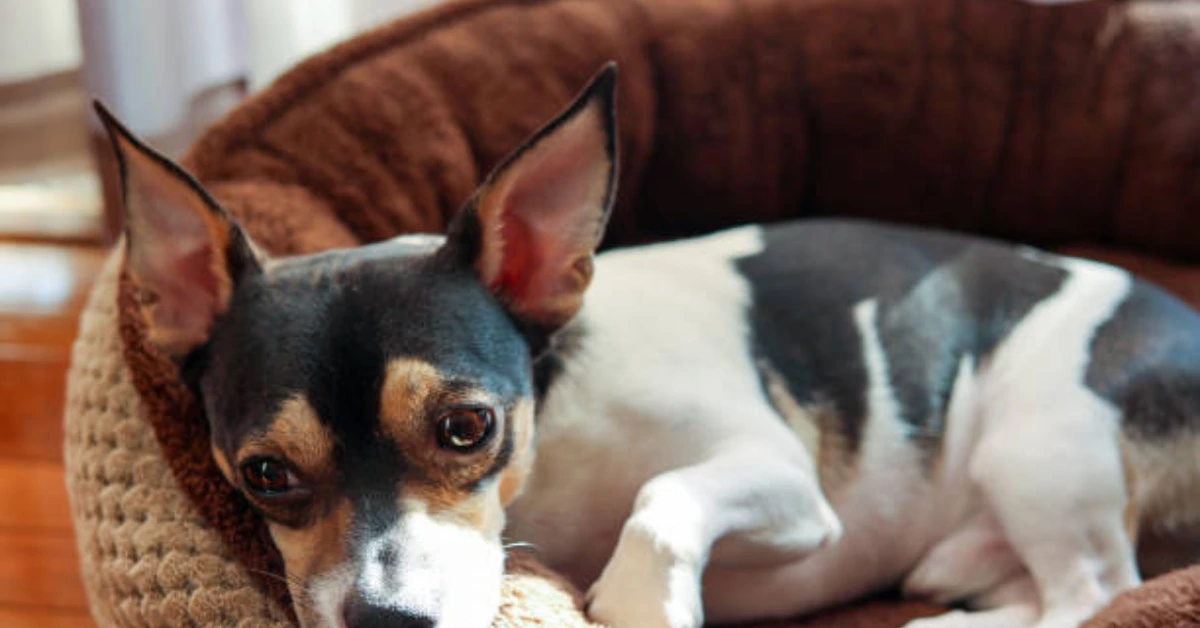
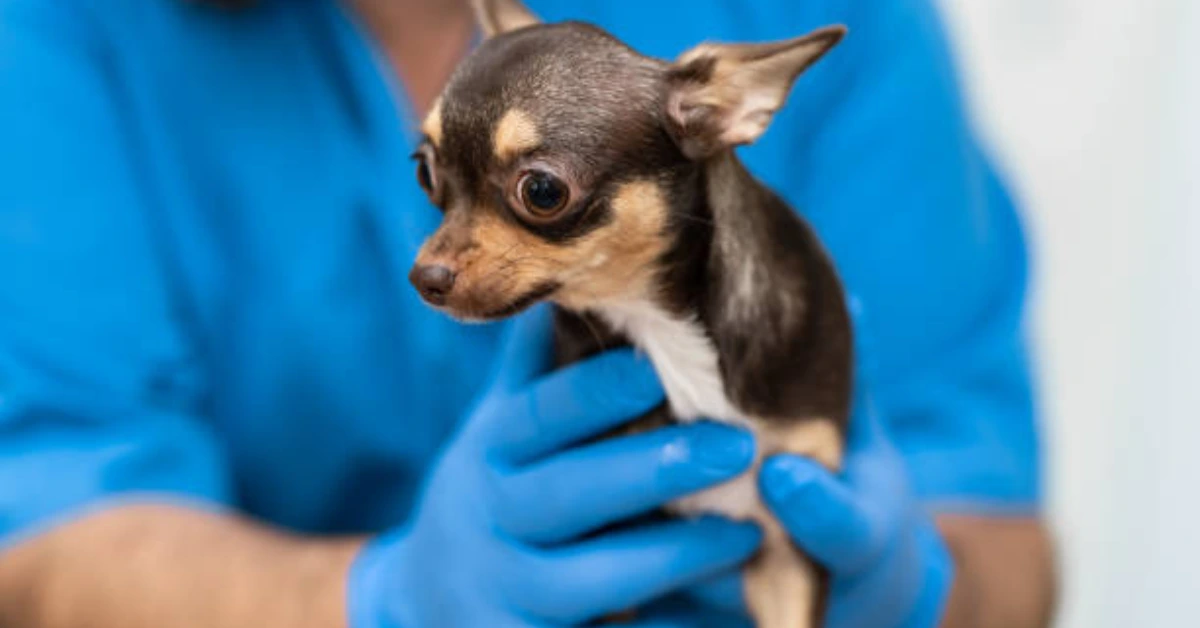
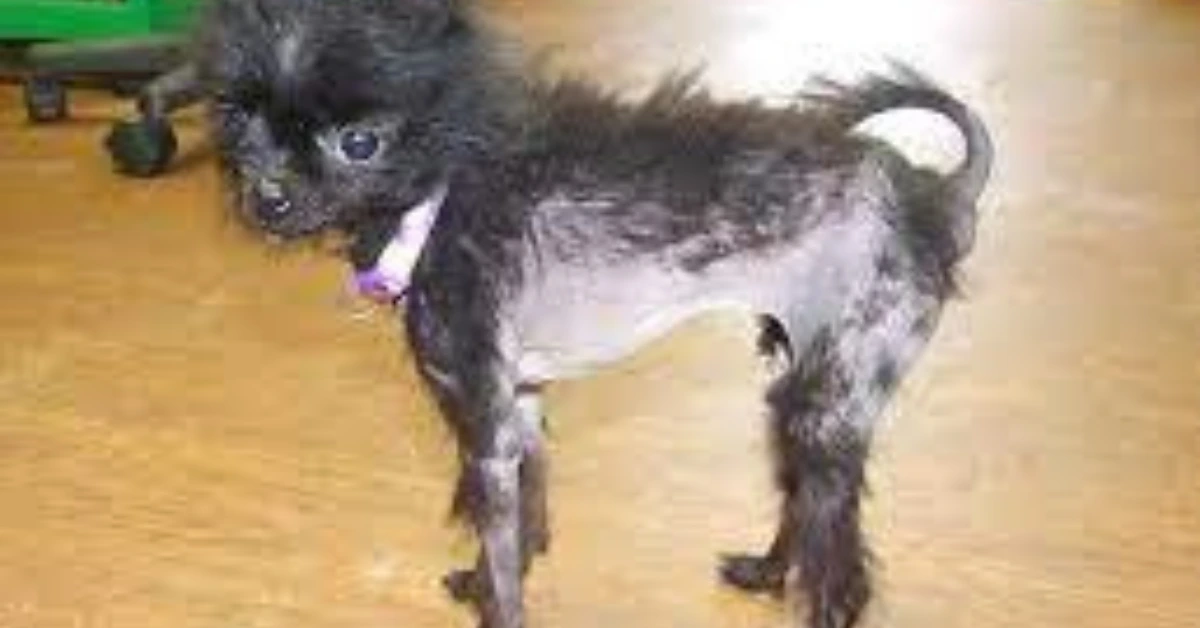
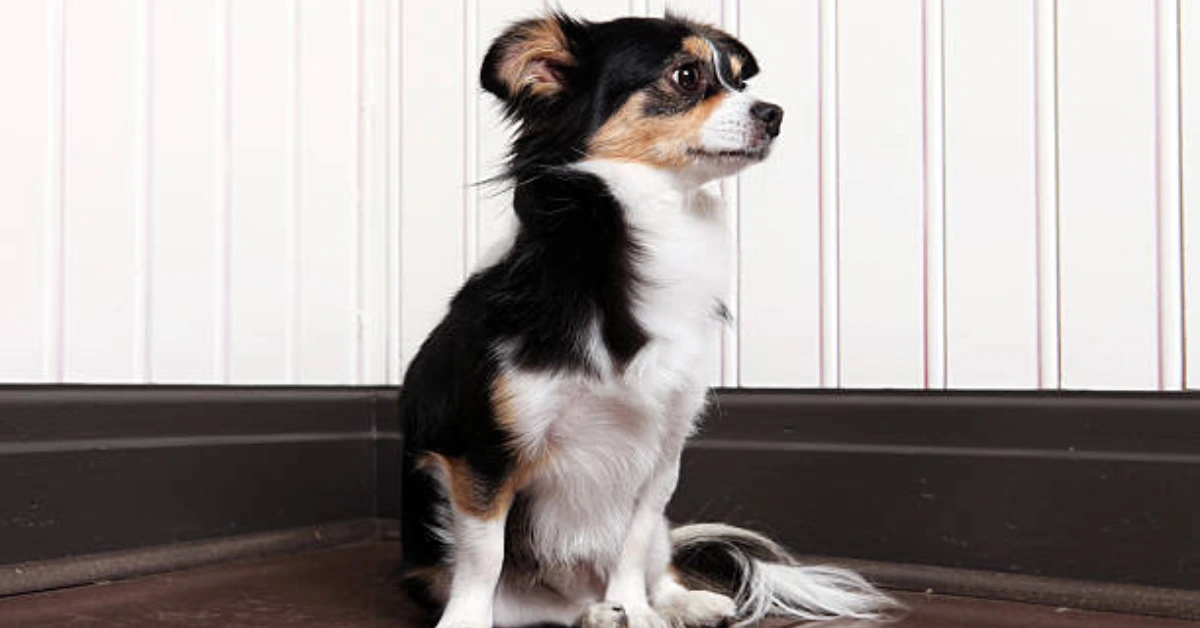
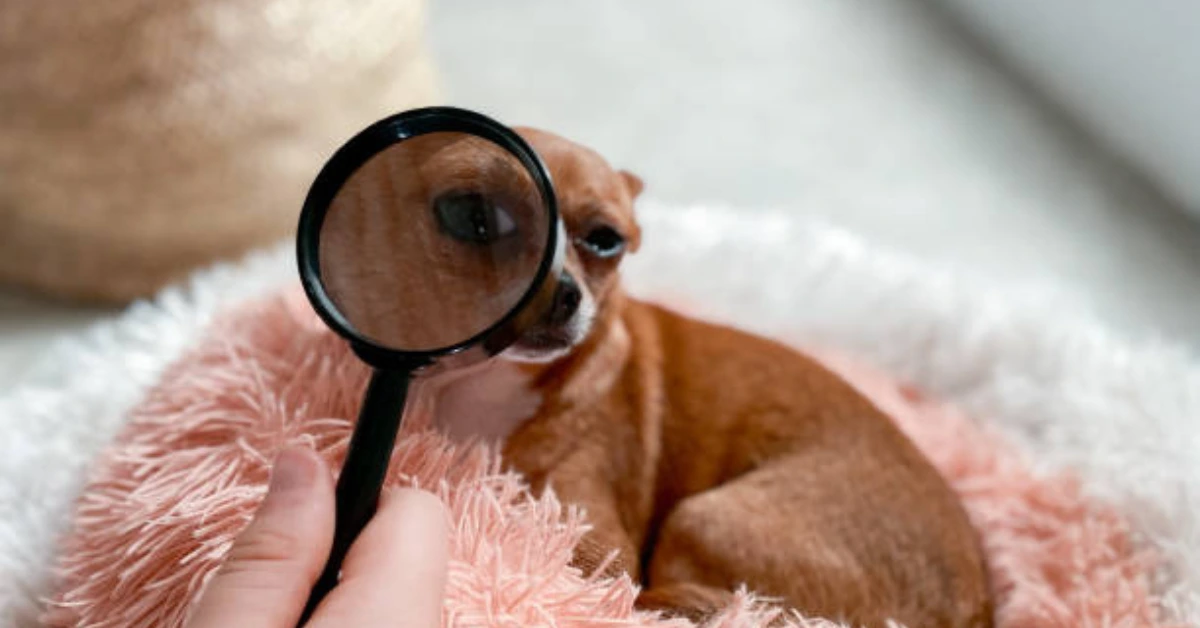
Normally Your vet should be able to provide you with this. Or you can buy one at a local pet store near you.
Put in mind that Licking incisions can lead to unwanted results such as infections or failure of the incision to heal.
Post-Surgery Home Care for Chihuahuas
source: pexels
Constant control is the most important post-surgery home care you can do. You need to ensure that your chihuahua’s behaviors are normal and they are healing normally.
It is very important after surgery to observe your little dog closely. Put in mind that your chihuahua is facing two issues here; they are trying to recover from surgery and they are also in discomfort and stressed from the ordeal. You may see various changes after the procedure. While many of these are quite ordinary, you will need to notice and not any concern signs to tell your vet.
Keeping your chihuahua confined is also a good idea to avoid a lot of scenarios and unwanted situations. This way you will easily keep an eye on your chihuahuas and makes sure they don’t hurt themselves or damage their surgical site. It is not a good idea to let a weak chihuahua go for walks and runs that could open up wounds.
Every dog is unique and every surgery is different, this is why you will need to follow the vet’s instructions, to keep your chihuahua in the best of health post-surgery. There are tips you will need to learn such as dressing a wound but don’t worry the vet will always show you directions and a not-to-do list.
In addition, you may have to control your chihuahua’s medication. For instance, you may need to give your chihuahua her/his medication on a daily basis. This is a little hard as it is not like giving medication to humans. Often, you will be obliged to hide the medication inside food or a cool treat.
Giving your chihuahua his medication is crucial. However, You may also have to keep a very close eye on your dog’s diet. During this hard period, your chihuahua may not need as much food, but he needs to get enough nutrition for proper healing.
Monitoring your Chihuahua’s Wound
After surgery, many chihuahuas will have a surgical incision that is easy to observe. Depending on your vet’s performance, The incision may have sutures externally or may not.
After the surgery, the chihuahua parent has to check on the incision on a daily basis for 10 to 15 days. Make sure that there is only ordinary inflammation present.
There are some observations you may notice including:
Signs of infection :
If you notice any of these clinical, signs you have to take your chihuahua immediately to your vet to treat the pet with antibiotics.
Exercise limitation
Chihuahuas are very energetic dogs. However, after surgery, you should make sure to keep the dog calm and quiet to ensure healing after surgery. Any excessive or intense movement can cause pain and discomfort in the incision.
Activities such as, running, jumping, stairs, and rough-housing are forbidden. These activities can lead the sutures to break and the incision to open. This would be very dangerous to your chihuahua and could require revision surgery.
Chihuahua owners should keep their dogs leashed outdoors and limit walks just for short moments. At home, chihuahuas should be kept in a small area. Also, the chihuahua parent should prevent chihuahuas from jumping from Couches, stairs, and human beds.
Bandages
Depending on the surgery, some chihuahuas may go home with a bandage, chiefly orthopedic procedures. These bandages often must stay on for several days.
It is imperative to keep these bandages clean and dry.
When the bandage allows exposure of the toes, keep a close eye on them so that they do not appear swollen each day.
Prevent your chihuahua from licking or chewing the bandage.
When you are with your chihuahua outdoors, you have to cover the bandage to prevent it from getting wet. your vet may advise you to buy a special bag to cover the bandage or even to make one by yourself.
When you notice that the bandage is wet, slips down, comes off, or is too tight, you have to remove it immediately and replaced it with a veterinarian’s bondage. Ignoring a wet or tight bandage in place can lead to unwanted results including considerable trauma to the skin and the potential for pressure sores!
Your chihuahua Appetite
Chihuahuas are very small with a high metabolism and It is very common for them to have a finicky appetite after surgery. It is advisable that Right after the procedure, you should not feed your dog a full meal.
In addition, you have to let your dog get settled upon coming home. Also, you can provide him/her small amount of water. If your vet gave you permission, you can feed a small meal.
Never feed your chihuahua large meals right after surgery as this can result in an upset stomach. If you notice that there are no signs of nausea, you can feed your chihuahua a normal meal in the morning.
When you notice signs of nausea including drooling, lack of appetite, vomiting, or diarrhea. You should ask your vet’s advice.
YOU MAY LASO WANT TO READ: Eight Keys to an Excellent chihuahua Diet
Bowel Movements Of your chihuahua
It is very common for dogs including chihuahuas who have had surgery to have an abnormal bowel movement promptly. Most dogs fast before surgery and the vet may give them medications that can retard the movement of food through the gastrointestinal tract.
This is why it is very normal for a chihuahua not to have a BM for 2-3 days after surgery.
However, when you observe that your chihuahua is straining to defecate and seems constipated. You have to contact your vet.
Symptoms That You Need to Contact Your Vet:
Respect your vet’s Appointments
source: istock
Your vet will need to give you an appointment to follow up after the dog’s surgery. This is crucial to keep to ensure that your chihuahua is healing normally. It depends on the surgery your chihuahua has had, but often the vet may ask you to come back after 4-6 weeks after the initial surgery. meanwhile, you have to keep a close eye on your little dog.
Keeping Your Chihuahua Happy During Recovery
Your chihuahuas may be a bit less active, and their energy may become very low. How can you keep them happy during the recovery?
It is advisable to take your chihuahua outside, even if they can’t walk around on their own.
The period should be short and Always keep them on a leash to prevent any surprising movement driven by the prey instinct and to keep them safe.
Provide your chihuahua with toys that aren’t too robust, and plenty of mental stimulation. Also, spend time with your chihuahua whenever you can. If a chihuahua is confined then she/he might end up suffering in her/his mental state, as he/she starts to recover.
Last word
After surgery, your chihuahua will need your support and love more than ever. Make sure to be there for your dog to overcome this crisis and be happy again.
Do you have any idea about caring for your chihuahua after surgery? We’d love to hear your experience in sin the comment section.
YOU MAY ALSO LIKE:
How to Prevent Gum Disease in Chihuahuas